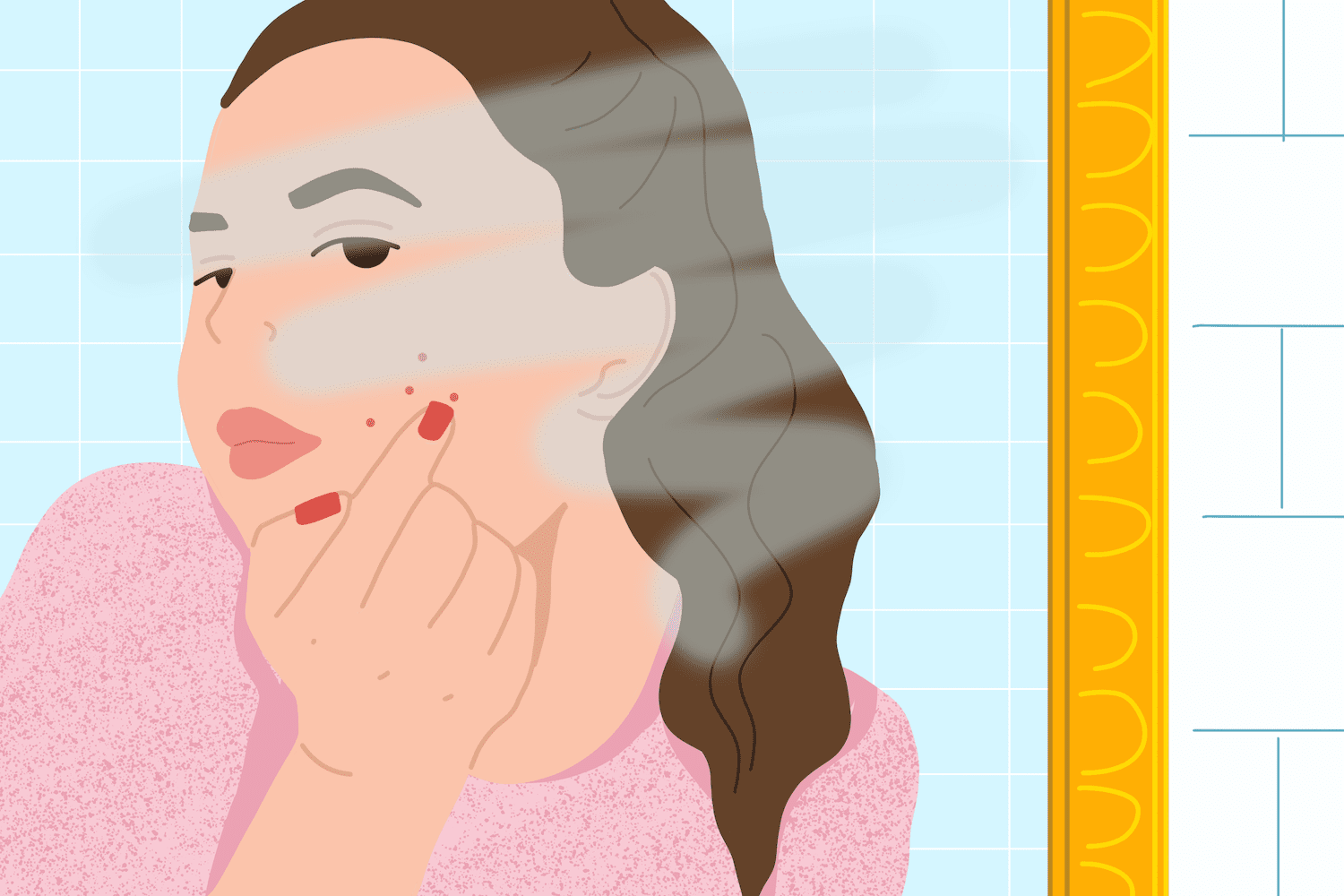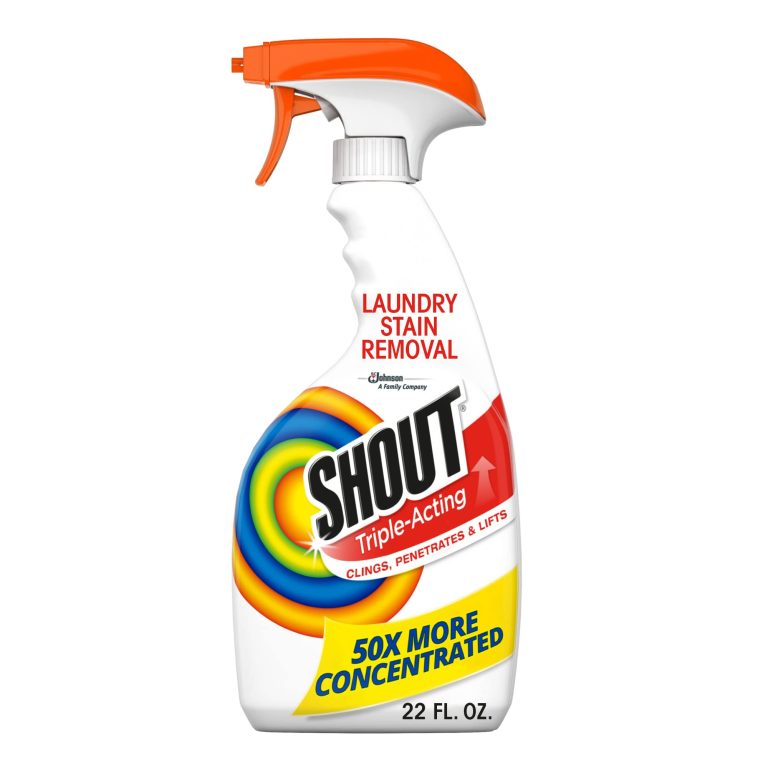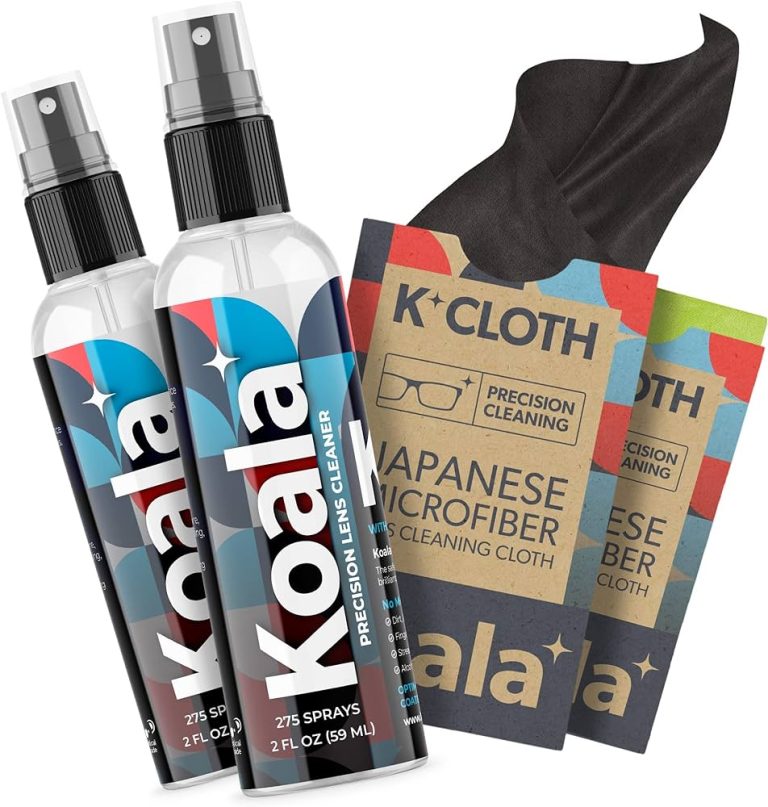9 Best Acne Treatments for Teens: Effective Solutions and Expert Tips
Struggling with acne as a teen can feel like an uphill battle, affecting your confidence and social life. With so many products and treatments out there, finding the right solution can be overwhelming. You need effective options that are both safe and tailored to your skin’s unique needs.
Identify Your Skin Type
Knowing your skin type is crucial before selecting acne treatments. It ensures that the products you use are effective and safe for your skin.
Different Types of Teenage Skin
Teenagers generally fall into four skin types: oily, dry, combination, and sensitive. Oily skin is characterized by an excess of sebum, leading to shininess and larger pores. Dry skin feels tight, flaky, and sometimes itchy due to a lack of moisture. Combination skin has oily sections (usually the T-zone) and dry areas (cheeks and other parts). Sensitive skin easily reacts to products, causing redness, itching, or burning.
Choosing Products Based on Skin Type
Choosing the right products depends on your specific skin type. For oily skin, look for non-comedogenic products that help control oil without clogging pores. Those with dry skin should opt for hydrating and moisturizing products with ingredients like hyaluronic acid. Combination skin benefits from a balanced approach, utilizing gel-based moisturizers for oily areas and richer creams for dry spots. Sensitive skin requires gentle, fragrance-free formulas designed to reduce irritation. Always patch-test new products to avoid adverse reactions.
Over-the-Counter Topical Treatments
Navigating the myriad of over-the-counter (OTC) acne treatments can be overwhelming. Here are some effective topical treatments to consider.
Benzoyl Peroxide
Reduces bacteria and inflammation on your skin. Benzoyl Peroxide is one of the most popular OTC acne treatments. It comes in various strengths, typically from 2.5% to 10%. Lower concentrations tend to be less irritating. Apply it once or twice daily for best results. You’ll often find this ingredient in cleansers, gels, and spot treatments.
Salicylic Acid
Exfoliates and unclogs pores to prevent breakouts. Salicylic Acid is a beta hydroxy acid (BHA) effective for teenagers with oily or combination skin. Concentrations usually range from 0.5% to 2%. Salicylic Acid can be found in face washes, pads, and topical gels. It’s gentle yet potent for maintaining clear pores and reducing blackheads and whiteheads.
By choosing these targeted treatments, you can manage and treat your acne more effectively.
Prescription Medications
When over-the-counter options aren’t sufficient, prescription medications can be excellent alternatives for treating severe acne.
Topical Retinoids
Topical retinoids, like tretinoin and adapalene, can effectively treat severe acne. They work by increasing cell turnover, helping to unclog pores and reduce inflammation. You typically apply them once a day, usually in the evening. It’s common to experience some redness and peeling initially, but this should subside as your skin adjusts. Make sure to use sunscreen daily, as retinoids can increase skin sensitivity to the sun.
Oral Antibiotics
Oral antibiotics, such as doxycycline and minocycline, can help reduce the bacteria that cause acne. These medications are often prescribed for moderate to severe acne, particularly if topical treatments haven’t worked. You usually take them once or twice a day, depending on your doctor’s advice. Be aware that antibiotics can cause side effects like stomach upset or increased sensitivity to sunlight, so it’s important to follow your healthcare provider’s instructions carefully.
Natural and Home Remedies
For a more gentle approach to acne treatment, several natural and home remedies can help soothe your skin.
Tea Tree Oil
Use Tea Tree Oil as a natural antiseptic. It’s known for its antibacterial properties, which can reduce acne-causing bacteria. To apply, mix a few drops with a carrier oil like coconut or olive oil, then dab it on your pimples with a cotton swab. Using it neat might cause irritation, so always dilute it.
Aloe Vera
Apply Aloe Vera to calm inflamed skin. This plant’s gel is packed with anti-inflammatory and antibacterial properties, making it effective for soothing irritated acne. You can extract the gel from an aloe leaf or use store-bought pure aloe vera gel. Apply a thin layer to your face after cleansing, leave it on for about 20 minutes, and then rinse off with lukewarm water.
Lifestyle Changes for Acne Prevention
Adopting certain lifestyle changes can significantly help prevent acne. By focusing on diet, exercise, and stress management, you can take proactive steps towards clearer skin.
Diet and Nutrition
Eating a balanced diet can impact your skin health. Consuming less sugar and dairy may reduce acne flare-ups. Include more fruits, vegetables, and whole grains in your meals. Antioxidant-rich foods like berries and nuts help combat inflammation. Omega-3 fatty acids found in fish can also help reduce acne severity.
Exercise and Stress Management
Exercising regularly improves blood circulation and helps remove toxins from your body. Aim for at least 30 minutes of physical activity daily. Managing stress is equally important, as high stress levels can lead to hormone imbalances and acne. Practices like yoga, meditation, and deep breathing can effectively reduce stress.
Professional Treatments
Professional treatments offer effective solutions for stubborn acne that doesn’t respond to over-the-counter products or prescription medications. These treatments are usually performed by dermatologists and can significantly improve your skin condition.
Chemical Peels
Chemical peels involve applying a chemical solution to your skin to remove dead skin cells and promote the growth of new, healthier skin. They can reduce acne, acne scars, and uneven skin tone. Salicylic acid, glycolic acid, and lactic acid are common agents used in these peels. Depending on your skin type and acne severity, your dermatologist will recommend the most suitable peel for you.
Laser Therapy
Laser therapy targets acne by using light to kill bacteria and reduce inflammation. This treatment can also shrink oil glands, leading to less oil production and fewer breakouts. Different types of laser treatments, such as blue light therapy and fractional lasers, address various acne issues. It’s a non-invasive option that can provide long-lasting results and improve the overall appearance of your skin. Consulting a dermatologist will help determine the best laser therapy for your specific acne condition.
Tips for Applying Acne Treatments
Applying acne treatments correctly is crucial to get the best results and minimize any side effects.
How to Apply Products for Maximum Effectiveness
Cleansing: Wash your face with a gentle cleanser before applying any treatment. It removes dirt and excess oil, ensuring better product penetration.
Pat Dry: Gently pat your face dry with a clean towel. Avoid rubbing as it can irritate your skin.
Thin Layer: Apply a thin layer of treatment to the entire affected area, not just individual pimples. This helps prevent new breakouts.
Wait Time: Allow the treatment to absorb fully before applying any moisturizer or makeup. Waiting 5-10 minutes is usually sufficient.
Consistency: Use the treatment consistently as directed. Skipping applications can delay results.
What to Avoid When Treating Acne
Over-Washing: Avoid washing your face more than twice daily. It can strip your skin of natural oils and cause irritation.
Harsh Scrubs: Steer clear of abrasive scrubs. They can worsen acne and cause inflammation.
Mixing Products: Don’t mix multiple acne treatments without consulting a dermatologist. Some ingredients can interact negatively.
Touching Your Face: Refrain from touching or picking at your acne. It can spread bacteria and lead to scarring.
Heavy Makeup: Skip heavy, pore-clogging makeup. Opt for non-comedogenic products if you need to wear makeup.
By following these tips, you can enhance the efficacy of your acne treatments and maintain healthier skin.
Conclusion
Finding the right acne treatment for teens can be challenging, but with the right approach, it’s entirely achievable. By exploring a variety of options from over-the-counter products to professional treatments, you’re more likely to discover what works best for your skin. Remember to follow the recommended tips for applying treatments effectively and avoid common pitfalls that could hinder your progress. With patience and consistency, you can improve your skin’s health and boost your confidence. Don’t hesitate to consult a dermatologist if you need personalized advice tailored to your specific needs.






